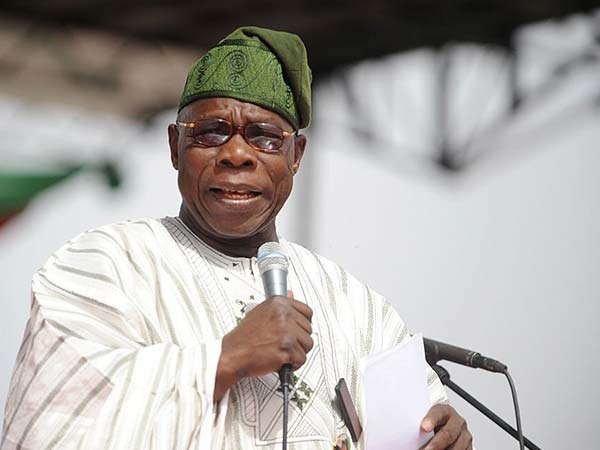During the Second National Development Plan of 1970-1974, provisions were made to establish the Nigerian Institute of Strategic Studies (NISS) as part of the public sector program. An allocation of £4.897 million was designated for the Institute over the four-year period, intending to place it under the auspices of the Federal Ministry of Economic Development and Reconstruction. Efforts were undertaken during this period to secure resources and lay the groundwork for the Institute's operation, with Mr. J.O.E. Sagay appointed as its Executive Secretary in 1973. However, progress beyond the inception of the Institute was limited before the plan period ended, though the determination to establish it remained. Documentation indicates that efforts to make NISS a reality were carried forward into the Third National Development Plan (1975-80). To streamline administrative processes, the project was shifted from the Ministry of Economic Development and Reconstruction to the Cabinet Office, following a recommendation by the Ministry's Permanent Secretary.
This transfer aimed to facilitate a potential merger between NISS and the Interdisciplinary Research Centre (IRC), proposed in the report of the Public Service Review Commission chaired by Chief Jerome Udoji. Despite Mr. Sagay and his team transitioning to the Cabinet Office to continue planning, the envisioned merger with IRC did not materialize, nor did IRC itself commence operations as per the Udoji Commission's recommendation. The desire to establish NISS persisted, but practical implementation seemed more conceptual than tangible due to insufficient commitment and support. Additionally, there were debates over its location and affiliations, notably with the Nigerian Institute of International Affairs (NIIA) advocating for NISS to operate under its umbrella. However, after careful consideration of various proposals, it was decided that NISS should function as an independent entity under the Cabinet Office, aligning with the NIIA's organizational structure.

